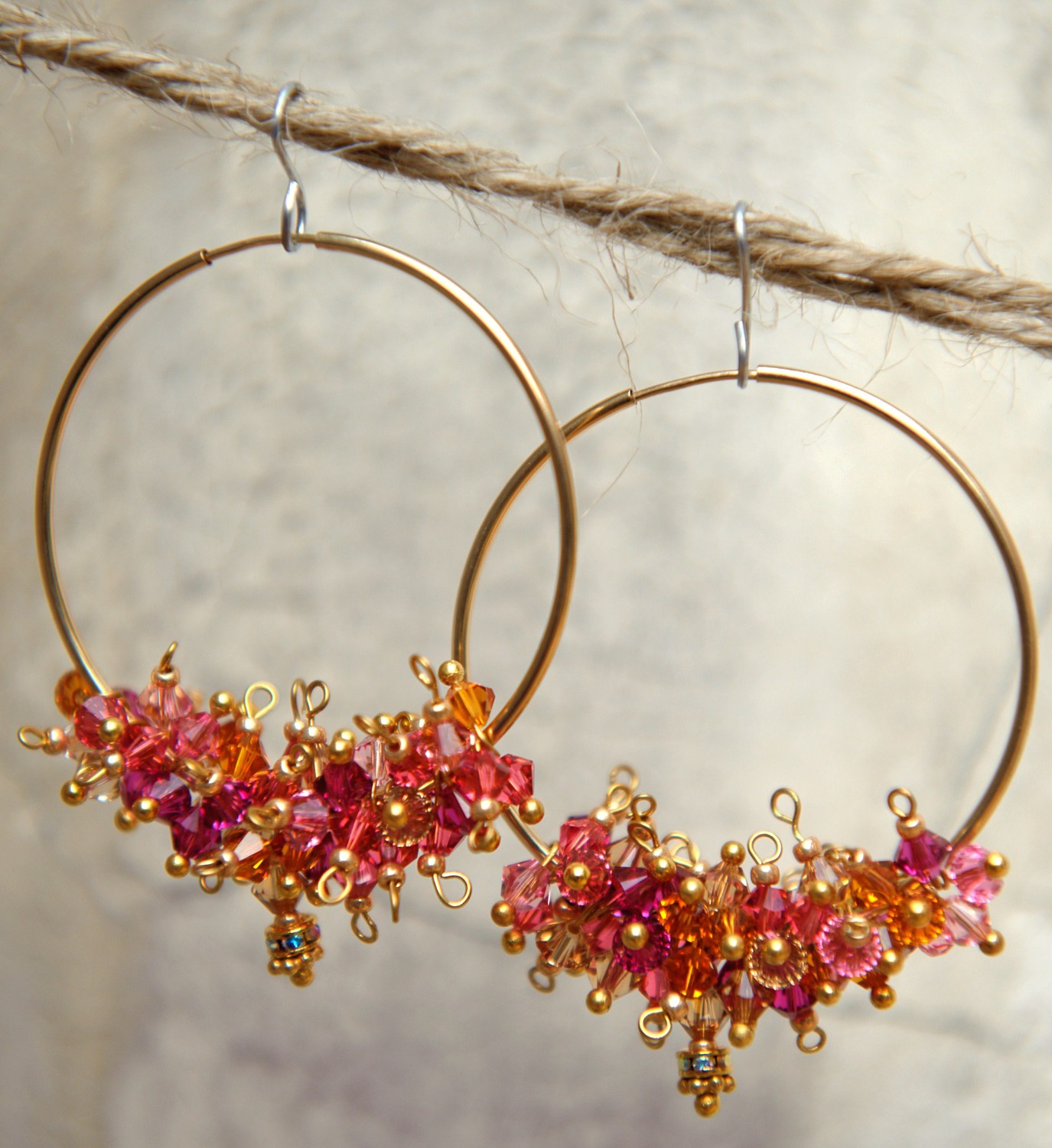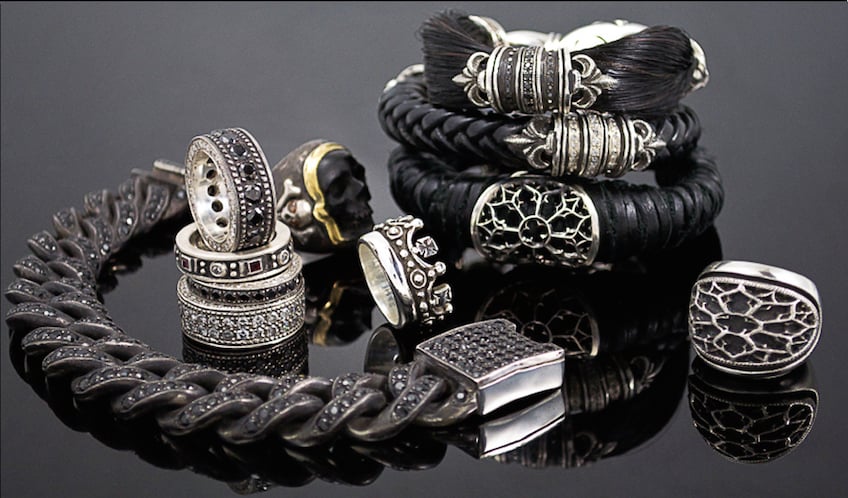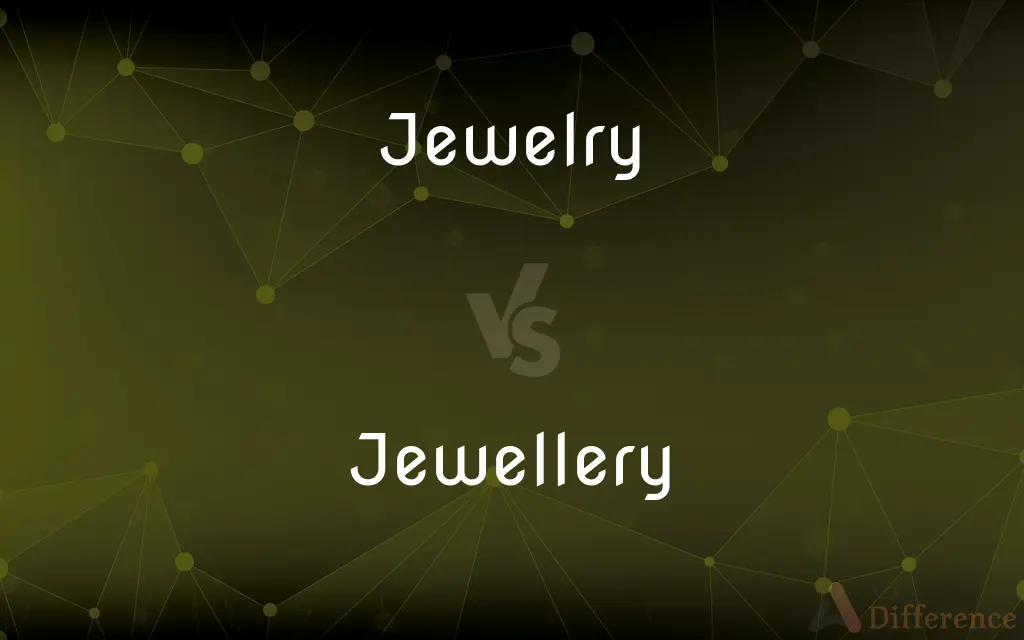jewelry vs jewellery canada
Related Articles: jewelry vs jewellery canada
Introduction
With great pleasure, we will explore the intriguing topic related to jewelry vs jewellery canada. Let’s weave interesting information and offer fresh perspectives to the readers.
Table of Content
- 1 Related Articles: jewelry vs jewellery canada
- 2 Introduction
- 3 The Great Canadian Spelling Debate: Jewelry vs. Jewellery
- 3.1 A Tale of Two Spellings: Historical Roots and Cultural Influences
- 3.2 The Canadian Context: A Balancing Act
- 3.3 Exploring the Debate: Arguments for Both Sides
- 3.4 Beyond Spelling: Implications for Identity and Language Evolution
- 3.5 FAQs: Addressing Common Questions
- 3.6 Tips for Navigating the Spelling Debate
- 3.7 Conclusion: A Continued Dialogue
- 4 Closure
The Great Canadian Spelling Debate: Jewelry vs. Jewellery

The English language is a vibrant and ever-evolving entity, with variations in spelling and grammar often reflecting regional and historical influences. One such linguistic peculiarity that frequently sparks debate, particularly in Canada, is the spelling of "jewelry" versus "jewellery." This seemingly minor difference in orthography carries deeper implications regarding cultural identity, linguistic evolution, and the complexities of language standardization.
A Tale of Two Spellings: Historical Roots and Cultural Influences
The preferred spelling of "jewelry" is widely recognized as the standard American English variant, while "jewellery" holds sway in British English. This divergence stems from the historical development of the English language, with American English evolving independently from its British counterpart following the American Revolution.
The spelling "jewellery" is rooted in the Old English word "gewæm," which referred to ornaments and adornments. Over time, this evolved into the Middle English "jewelrie," eventually transitioning to "jewellery" in British English. The American spelling, "jewelry," emerged as a simplification of the British spelling, reflecting a broader trend towards streamlined orthography in American English.
In Canada, the spelling "jewelry" is the dominant variant, mirroring the influence of American English on Canadian culture and language. However, "jewellery" remains a prevalent alternative, particularly among individuals with strong ties to British heritage or those who favor the traditional British spelling.
The Canadian Context: A Balancing Act
Canada’s linguistic landscape is characterized by a unique blend of influences, with both American and British English exerting significant influence. This duality is reflected in the ongoing debate surrounding the spelling of "jewelry" versus "jewellery." While "jewelry" is the more widely used and accepted spelling in Canada, "jewellery" continues to hold a place in the Canadian lexicon, particularly in formal settings and among certain demographics.
The Canadian government, recognizing the diversity of its linguistic landscape, has adopted a policy of linguistic inclusivity, allowing both spellings to be considered correct. This approach acknowledges the historical and cultural significance of both variants while promoting a sense of linguistic tolerance and acceptance.
Exploring the Debate: Arguments for Both Sides
The debate surrounding "jewelry" versus "jewellery" is not merely a matter of spelling preference; it reflects deeper cultural and linguistic complexities. Proponents of "jewelry" often cite its simplicity and consistency with American English, arguing that it aligns with a more streamlined approach to spelling. They also highlight its prevalence in Canadian media, education, and commerce, suggesting its widespread acceptance as the de facto standard.
Advocates for "jewellery," on the other hand, emphasize its historical and cultural significance, highlighting its connection to British heritage and its role in preserving linguistic traditions. They argue that "jewellery" retains a sense of elegance and sophistication, contributing to a more nuanced and refined use of language.
Beyond Spelling: Implications for Identity and Language Evolution
The debate surrounding "jewelry" versus "jewellery" transcends mere spelling variations. It speaks to broader issues of cultural identity, language evolution, and the complexities of linguistic standardization. The choice of spelling can reflect an individual’s cultural background, linguistic preferences, and even their sense of national identity.
In a globalized world, where languages are constantly evolving and interacting, it is inevitable that variations in spelling and grammar will arise. The debate surrounding "jewelry" versus "jewellery" serves as a reminder that language is not a static entity but a dynamic system that adapts to changing cultural and societal influences.
FAQs: Addressing Common Questions
Q: Which spelling is considered "correct" in Canada?
A: Both "jewelry" and "jewellery" are considered acceptable spellings in Canada. The Canadian government recognizes both variants as correct, reflecting the country’s linguistic diversity.
Q: Is there a preferred spelling for formal writing in Canada?
A: While both spellings are acceptable, "jewelry" is generally considered the more widely used and accepted spelling in formal writing in Canada. However, "jewellery" may still be appropriate in specific contexts, such as when referencing British traditions or adhering to a particular style guide.
Q: Does the choice of spelling affect the meaning of the word?
A: No, the choice of spelling does not affect the meaning of the word. Both "jewelry" and "jewellery" refer to ornaments, adornments, and precious objects.
Q: Is it appropriate to use both spellings in the same document?
A: It is generally best to maintain consistency within a single document. If one spelling is chosen, it should be used throughout. However, if referencing both American and British traditions, it may be appropriate to use both spellings, clearly identifying the source or context for each.
Tips for Navigating the Spelling Debate
- Consult style guides: For formal writing, refer to established style guides such as the Canadian Style Guide or the Chicago Manual of Style for guidance on spelling conventions.
- Consider your audience: When writing for a Canadian audience, using "jewelry" is generally safe. However, if your audience is primarily British or has strong ties to British culture, "jewellery" may be a more appropriate choice.
- Maintain consistency: Once you have chosen a spelling, stick to it throughout your writing to avoid confusion.
- Respect individual preferences: While "jewelry" is the more widely accepted spelling in Canada, recognize that "jewellery" holds significance for some individuals. Be respectful of their preferences and avoid making judgments about their choice of spelling.
Conclusion: A Continued Dialogue
The debate surrounding "jewelry" versus "jewellery" is a microcosm of the larger linguistic landscape in Canada. It reflects the country’s unique blend of cultural influences, the dynamic nature of language, and the ongoing evolution of spelling conventions. While "jewelry" is the dominant spelling in Canada, "jewellery" continues to hold a place in the Canadian lexicon, representing a rich linguistic heritage and a testament to the country’s diverse cultural tapestry. The ongoing dialogue surrounding these spellings serves as a reminder that language is a living entity, constantly evolving and adapting to the changing world around us.








Closure
Thus, we hope this article has provided valuable insights into jewelry vs jewellery canada. We appreciate your attention to our article. See you in our next article!
